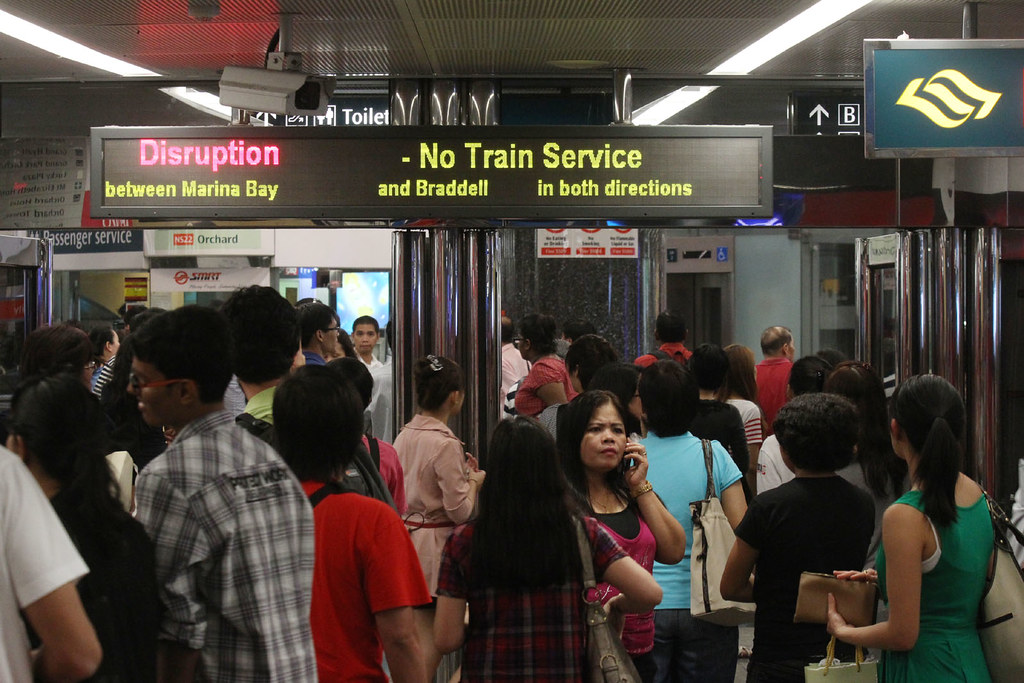Today 14 July 2015, marks
my last day as a member of NSP. Early in the morning, I sent a text to the
party's President to bid him farewell and to wish him and the party well. He
responded cordially with his good wishes.
Since stepping
down as Secretary-General of NSP, I have been invited by other political
parties to join them. Unfortunately, I had to politely decline each of their
kind offer. At the breaking-of-fast dinner held at the Islamic Restaurant this evening, attended by representatives of the various alternative parties, I was
interviewed by the media and press, and they were interested to know my plans.
I have
already made up my mind to go independent and informed the reporters of my
intention to contest in Whampoa, one of the places where I have been regularly
visiting to do volunteer work in the past years. To some my friends in
politics, both the idea of going independent and disclosing my choice of ward
to contest in the next election so soon were against conventional political
wisdom. But, why should that always be the case? If they earnestly wish to
improve the electoral system, they must be ready to challenge conventional
wisdom and think out of the box.
I was asked
if I was concerned about three-corner fights. This seems to be a common worry
for potential candidates and the voters. Again, my thoughts are quite
different. I feel that voters are entitled to make their choices and to decide
who to vote for without interference. With closed-door negotiations to avoid
multi-corner fights, the voters' choices become limited to only those who are
allowed to contest by private treaty. That seems to run against the very idea
of an open democratic system.
In any event,
for a maturing democracy, voters should not be afraid of making choices. If the
voters' objective is not to dilute the votes for the alternative party
candidates by them agreeing not to engage in three-corner fights, the voters
themselves will unwittingly stifle the development of a truly multi-party
political system. The voters need to find the courage to face the ballot box
just as much as the candidates themselves.
Ultimately,
it will be the voters who will decide the outcomes in every election. May the
voters not only have the courage to choose but also the wisdom to know how.










